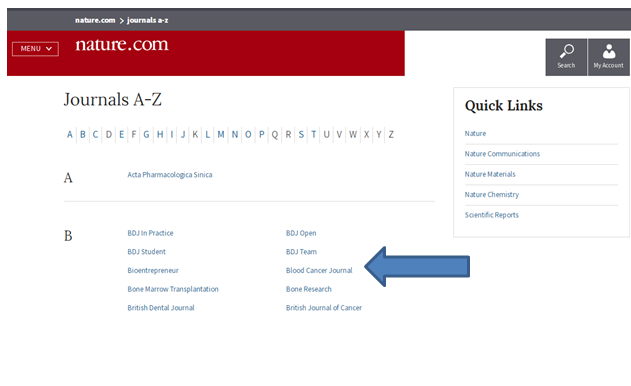

Extracts of basil, clove, neem and rosemary are promising alternatives to their artificial counterparts. Research has proven that several natural preservatives obtained from plants, animals, microbes and minerals contain antioxidant, antimicrobial and antienzymatic properties. Researchers have reported that artificial preservatives such as nitrates, benzoates, sulfites, sorbates, parabens, formaldehyde, BHT, BHA and several others can cause serious health hazards such as hypersensitivity, allergy, asthma, hyperactivity, neurological damage and cancer. Several of them are toxic and several others have potentially life-threatening side effects. about Springer journals but from submission to publication in a reputable.

The majority of preservatives used today are artificial rather than natural. How long does it take an editor to decide if the manuscript fits the scope of. Natural substances like salt, sugar, vinegar and spices have been used as preservatives since time immemorial. The status changed to 'Manuscript under editorial consideration' last night without it changing to 'Editor decision started' like in other examples. During the submission process, the authors are kindly advised to identify possible conflicts of interest with the journal editors. Anti-enzymatic preservatives such as citric and erythorbic acids block the enzymatic processes such as ripening occurring in foodstuffs even after harvest. I submitted to Nature Neuroscience about 9 days ago and its been 'under consideration' for about a week. Anti-oxidants such as butylated hydroxy toluene (BHT), butylated hydroxy anisole (BHA), and propyl gallate slow or stop the breakdown of fats and oils. Antimicrobials such as nitrites, nitrates, benzoates and sulfur dioxide destroy or delay the growth of bacteria, yeast and molds. Preservatives prolong the shelf-life of food, cosmetics and pharmaceuticals by preventing their spoilage. ARTIFICIAL PRESERVATIVES AND THEIR HARMFUL EFFECTS: LOOKING TOWARD NATURE FOR SAFER ALTERNATIVES Abstract


 0 kommentar(er)
0 kommentar(er)
